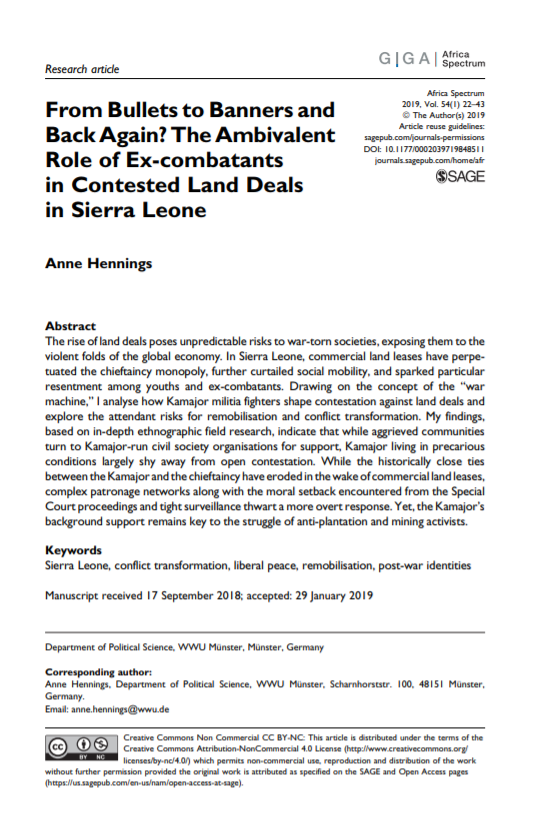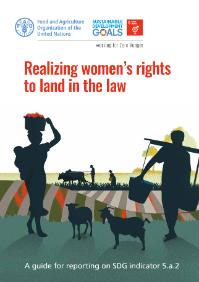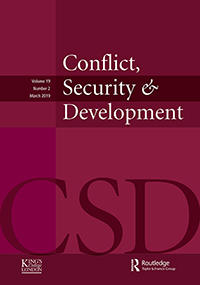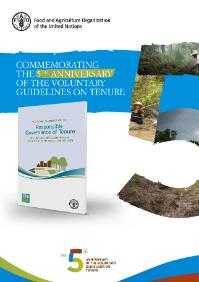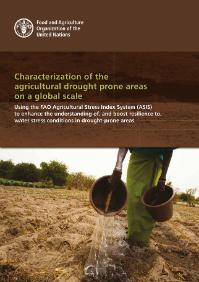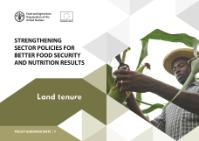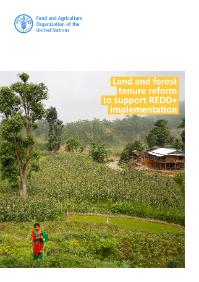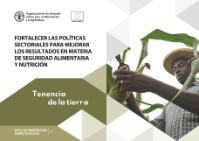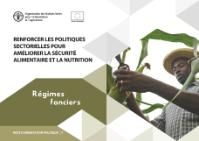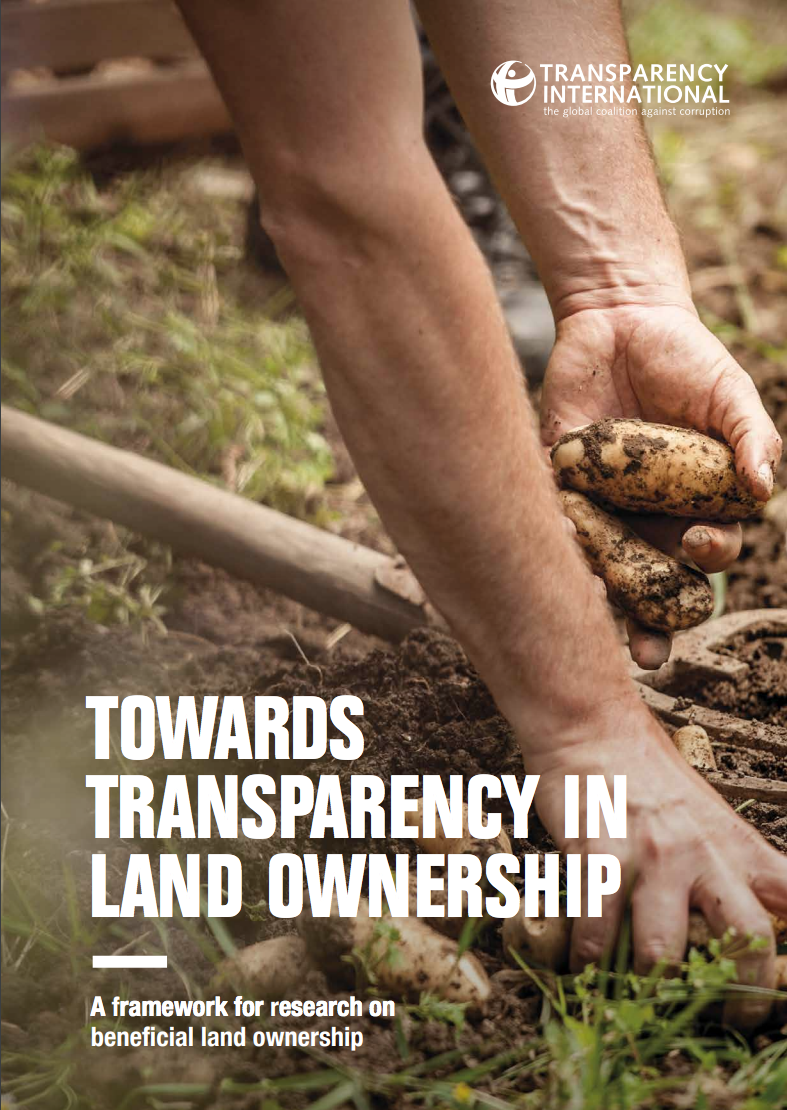The rise of land deals poses unpredictable risks to war-torn societies, exposing them to the violent folds of the global economy. In Sierra Leone, commercial land leases have perpetuated the chieftaincy monopoly, further curtailed social mobility, and sparked particular resentment among youths…
There is wide engagement with large-scale land deals in sub-Saharan Africa, particularly from the perspectives of development and international political economy. Recently, scholars have increasingly pointed to a gendered lacuna in this literature. Engagement with gender tends to focus on…
Goal 5 of the Sustainable Development Goals (SDGs) “Achieve gender equality and empower all women and girls” recognizes the fundamental role of women in achieving poverty reduction, food security and nutrition. Target 5.a aims to “Undertake reforms to give women equal rights to economic…
Much has been written on land deals, their impact and challenges of contestation in the Global South. Multiple studies show that communities are high-spirited as long as they oppose the actual conversion of their land. My findings illustrate, however, how companies, local authorities,…
Le 11 mai 2017 a marqué le 5ème anniversaire de l’approbation des Directives volontaires pour une gouvernance responsable des terres, des pêches et des forêts dans le contexte de la sécurité alimentaire nationale (DV) par le Comité de la sécurité alimentaire mondial (CSA). Les DV ne sont plus…
The leaflet will provide an overview of in-country projects and achevements as well as regional initiatives. Articles include but are not limited to: Community lands at the core of Kenya’s new legal reforms; The Voluntary Guidelines: an instrumental tool in the pursuit of climate mitigation…
Drought is one of the main causes of food insecurity. In 2011, the horn of Africa has faced the worst drought in 60 years. An estimated 12.4 million people suffered from a massive food shortage. To mitigate the impact of agricultural drought, it is of high importance to dispose of timely and…
Land, fisheries, forests and other natural resources provide a basis for livelihoods and social, cultural and religious practices. However, most people in rural areas in developing countries do not have any form of documentation to protect their land and natural resources rights, which puts…
Land and forest tenure systems greatly influence a country’s ability to reduce deforestation and forest degradation. Clear and legitimate tenure rights over forests can provide an incentive to manage forests sustainably and simultaneously reduce deforestation and forest degradation. In fact,…
La tierra, la pesca, los bosques y otros recursos naturales proporcionan una base para los medios de vida y las prácticas sociales, culturales y religiosas. Sin embargo, la mayoría de las personas en las zonas rurales de los países en desarrollo no tienen ningún tipo de documentación para…
La terre, les pêches, les forêts et d'autres ressources naturelles est crucial pour les moyens de subsistance et les pratiques sociales, culturelles et religieuses. La plupart des habitants des zones rurales des pays en développement ne disposent pourtant d'aucune forme de…
In many countries, unidentified private individuals and legal entities obtain significant economic benefits from land. This lack of transparency can make it harder for affected communities and governments to hold them accountable for land use decision-making and any sort of violation they commit…


